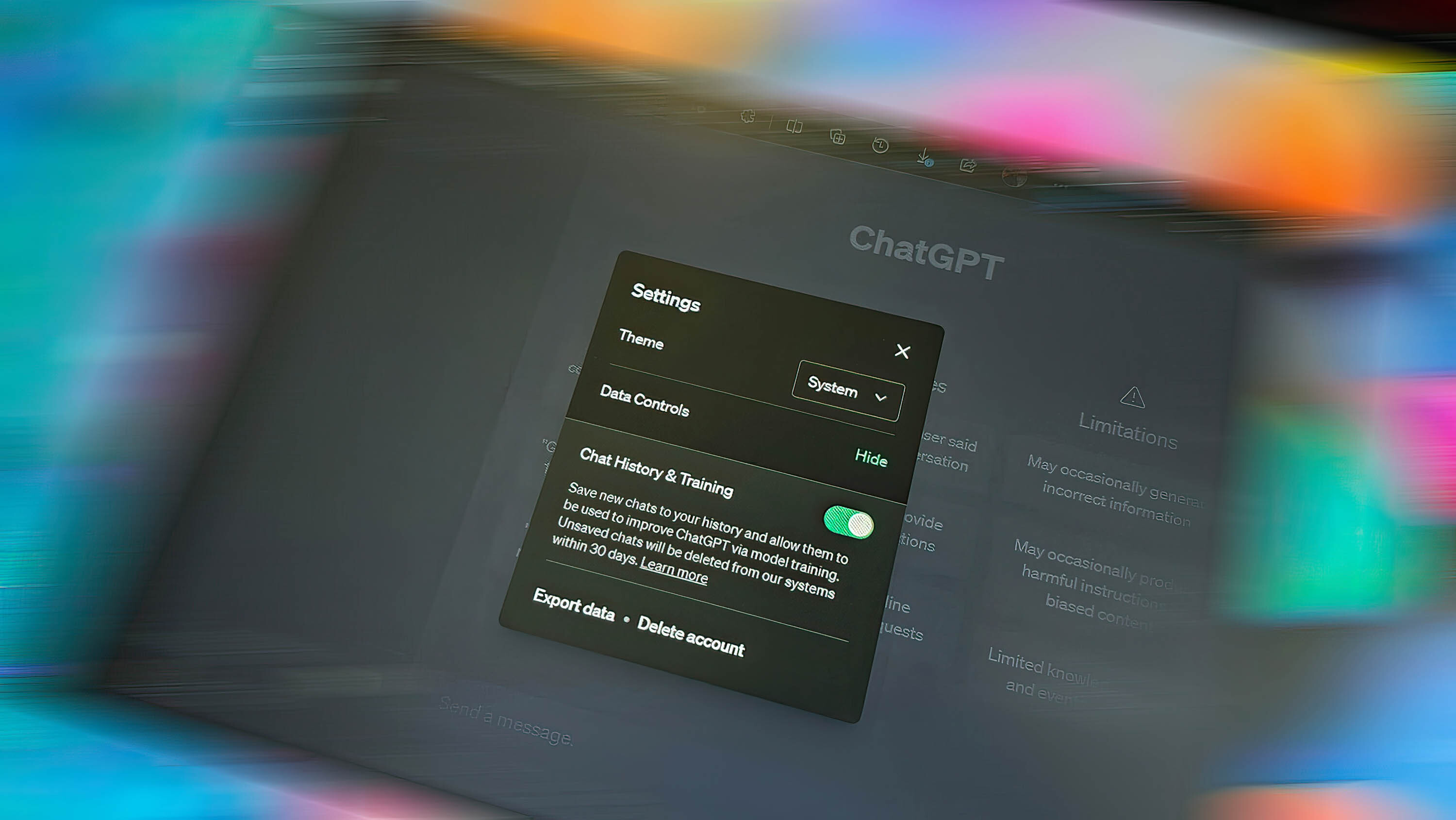What you need to know
- A new study shows that ChatGPT can be used to run a software development company successfully.
- The study cites an 86.66% success rate without prior training of the AI bots and minimal intervention from humans.
- The researchers indicated that the chatbot could develop software in approximately 7 minutes for less than one dollar.
This year, we’ve seen generative AI morph into somewhat of a utopia, unlocking and tapping into opportunities we never knew could be explored. Admittedly, many people still have reservations regarding the new technology, majorly revolving around the privacy and safety of their data and information. Not forgetting instances where AI chatbots have been spotted causing more harm than good.
However, the ever-emerging and evolving technology has also had its fair share of wins. For instance, its advancements in medicine, education, and more. And now, according to a new study, running a profitable software company using OpenAI’s chatbot, ChatGPT, is possible with minimal human assistance.
A group of researchers from Brown University and multiple Chinese universities put AI chatbots powered by ChatGPT’s 3.5 model to the test to determine whether the technology could be leveraged to develop software without training, as spotted by Business Insider.
The process involved creating a make-believe organization (ChatDev) focusing on software development, which was further broken down into four stages to establish continuity and order as you’d run any regular business. It was categorized into designing, coding, testing, and documenting.
The researchers then proceeded to delegate duties to the AI bots. The duties ranged from designing, programming, and more. Notably, the duties were assigned based on hierarchy in the company.
Interestingly, the AI bots could communicate with each other, seeking clarification and sharing vital information throughout the process, with minimal intervention from humans. Potentially mimicking the flow of communication between colleagues in an organization.
The research paper states that the make-shift software development company could complete the entire software development “in under seven minutes at a cost of less than one dollar.”
On average, the development of small-sized software and interfaces using CHATDEV took 409.84 seconds, less than 7.00 minutes. In comparison, traditional custom software development cycles, even within agile software development methods, typically require 2 to 4 weeks or even several months per cycle. – Communicative Agents for Software Development (Study)
Moreover, the researchers cite an 86.66% success rate in the software development process. The research paper also indicated that the AI bots could identify and troubleshoot any arising issues by leveraging their memory and self-reflection capabilities.
Haunted by my own words

ChatGPT has recently hit the headlines for all the wrong reasons. First, a new report showcased the chatbot in a bad light, indicating it is getting dumber. Not forgetting the speculation that its parent company, OpenAI, is on the verge of bankruptcy owing to the capital-intensive task of running a chatbot, which is approximately 700,000 dollars daily.
I recently rambled on about generative AI, highlighting several reasons why the technology has a long way to go before it can replace humans. But based on this new study, I might have to take back my words.
Suppose the technology can run an “entire” company and accomplish great feats like software development with minimal intervention from humans without prior training. In that case, it’s only a matter of time before the technology can take on more sophisticated and complex tasks.
This shouldn’t take too long. At an 86.66% success rate, it’s only a matter of time before the technology makes up for this margin. But where does this leave professionals?
Moving forward, further research can focus on refining the communication protocols and optimizing the interaction dynamics within each chat to enhance the performance and effectiveness of CHATDEV. Additionally, exploring the integration of other emerging technologies, such as reinforcement learning and explainable AI, could provide valuable insights into addressing challenges and improving the overall software development process. – Communicative Agents for Software Development (Study)
Notably, OpenAI’s GPT-3.5 model ships with its fair share of limitations, including that it only accesses information up to September 2021, which leaves out a huge chunk of information that has been uploaded on the web since.
According to Microsoft’s Work Trend Index report, 70% of the workers who took part in the study indicated that they were looking forward to leveraging AI capabilities to lessen their workload, further indicating that they weren’t worried about losing their jobs to the technology.
That said, ChatGPT has been on a downward spiral, experiencing a decline in its user base three months consecutively amid accuracy concerns. Not forgetting its exorbitant impact on the climate, consuming a whole bottle of water for cooling every time a user asks it a question.




